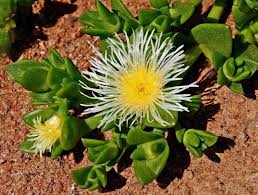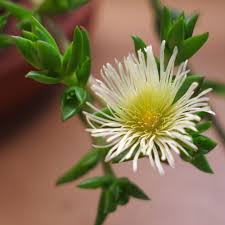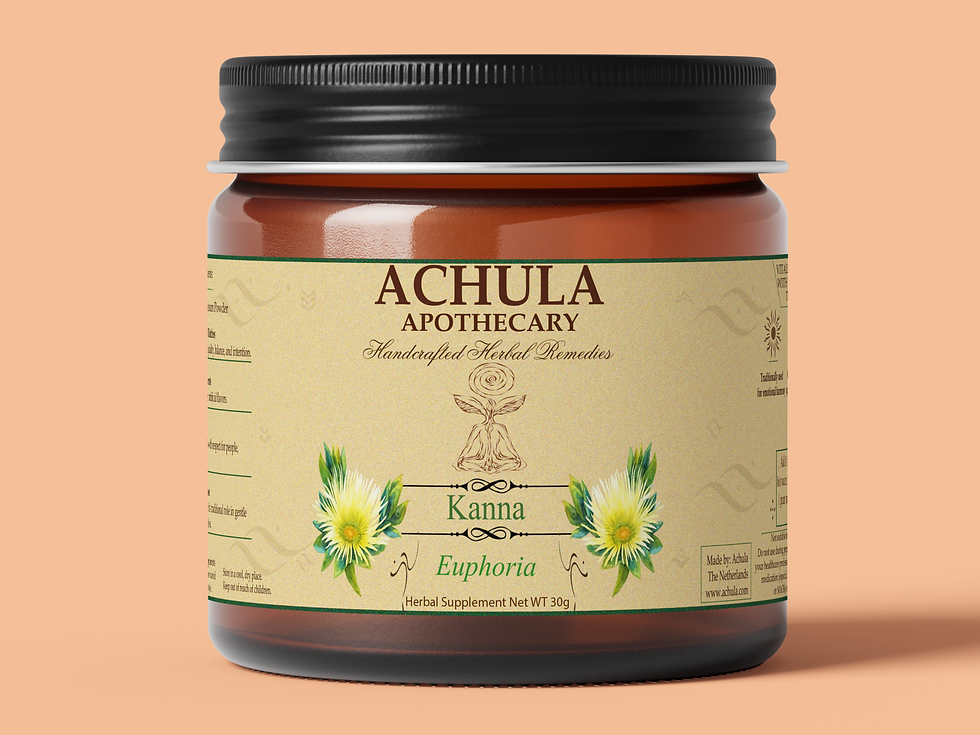Kanna Sceletium Benefits
- Jul 16, 2025
- 2 min read
Updated: Jul 17, 2025
Kanna Sceletium
Botanical Name
Sceletium tortuosum
Family
Aizoaceae
Common Names
Kanna, Channa, Kougoed, Sceletium
Parts Used
Dried leaves and stems
Native To
South Africa, particularly the Western Cape region
Harvesting Guidelines
Kanna is traditionally harvested by hand, typically during the dry season when the plant’s alkaloid content is highest. The leaves and stems are carefully sun-dried or fermented to enhance their psychoactive properties. Sustainable harvesting is important to protect wild populations, often supplemented by cultivated sources.
Introduction
Kanna (Sceletium tortuosum) is a succulent plant native to South Africa, long used by indigenous Khoisan peoples as a mood enhancer and stress reliever. Known for its calming and euphoric effects, Kanna has a rich history as a traditional botanical medicine. The dried plant material is typically chewed, smoked, or brewed into teas, offering a unique blend of mood-lifting and anxiety-reducing benefits.
Traditional and Indigenous Use
For centuries, the Khoisan people of South Africa have used Kanna as a natural remedy to reduce hunger, thirst, pain, and fatigue, while promoting relaxation and social ease. It was often used in rituals and social gatherings to improve mood, enhance communication, and ease tension.
Kanna was also traditionally employed as a natural antidepressant and anxiolytic, helping to alleviate stress and support emotional well-being in challenging environments.
Modern Uses - Kanna sceletium benefits
Today, Kanna is gaining popularity worldwide as a natural mood enhancer and adaptogen. It is used to alleviate symptoms of anxiety, depression, and stress, often in the form of capsules, tinctures, teas, or smoked herb. Kanna’s ability to promote calm focus and emotional balance makes it a favorite among those seeking natural alternatives to synthetic mood regulators.
It may also aid cognitive function, reduce feelings of social anxiety, and enhance overall mental clarity without heavy sedation.
Shop our Kanna:
Scientific Studies
Research on Kanna has identified several active alkaloids, including mesembrine, mesembrenone, and mesembrenol, which act as serotonin reuptake inhibitors and phosphodiesterase-4 (PDE4) inhibitors. These properties underlie its antidepressant and anxiolytic effects.
Preliminary studies show Kanna may modulate mood by influencing serotonin pathways, supporting traditional claims of mood enhancement and anxiety reduction.
Adult Dose
Chewing: Small amounts (approx. 100–250 mg) of dried plant material are chewed slowly.
Tea: Steep 1–2 teaspoons in hot water for 10 minutes; consume 1–2 cups daily.
Tincture: 1–3 mL 2–3 times daily.
Safety and Contraindications
Kanna is generally well-tolerated but should be used cautiously:
Avoid use with MAO inhibitors or other antidepressants due to potential interactions.
Not recommended during pregnancy or breastfeeding.
May cause mild headaches or nausea in sensitive individuals.
Consult a healthcare professional before use if you have mental health conditions or are on medications.
Actions
Mood Enhancer
Anxiolytic
Mild Euphoriant
Stress Reliever
Cognitive Support
Adaptogen
Energy
Cooling, Bitter, Slightly Sweet
References
Smith, E. (2019). Sceletium tortuosum: Traditional and Modern Perspectives. Journal of Ethnopharmacology.
Möller, M. et al. (2017). “Pharmacological Review of Kanna Alkaloids.” Phytomedicine.
van Wyk, B.E. & Wink, M. (2004). Medicinal Plants of the World. Briza Publications.
Kanna sceletium benefits
tags:
Herbal medicine course
herbal school
wildpluk cursus
kruiden opleiding
geneeskrachtige planten
herborist
become a herbalist








